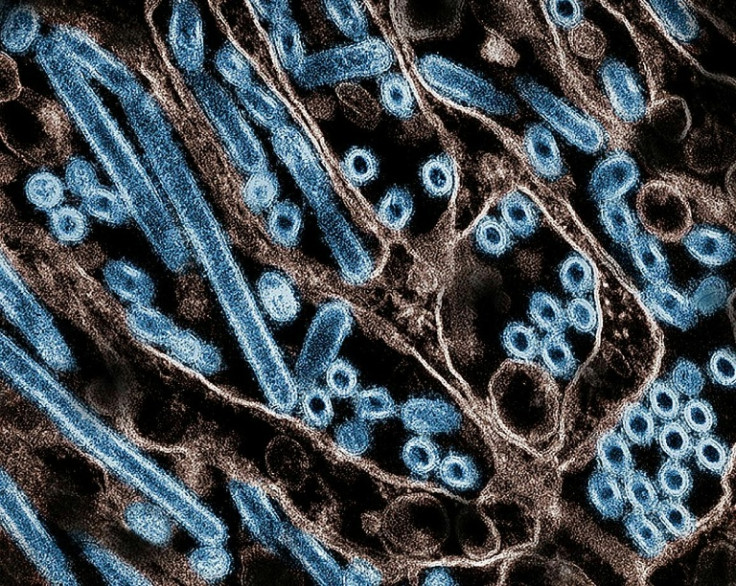
KEY POINTS
- There is a possibility for virus adaptation and widespread infections among humans, they warned
- The latest data also revealed that there are "ongoing mutations" across the circulating avian influenza viruses
- The warning comes as the HHS pursues an overhaul of the US public health system
Virology experts from across 40 countries have sounded the alarm over the rising threat of H5N1 avian flu, a subtype of the influenza A virus that causes respiratory disease in birds (avian influenza or bird flu), and has now affected humans too.
In a commentary published this week in the medical journal The Lancet Regional Health – Americas, top virologists warned of the recent emergence of "highly pathogenic" H5N1 infections not only in dairy cows, but also in humans in the U.S.
Dozens of individuals affected: Virologists
According to the virologists, there have been over 995 dairy cows and at least 70 humans affected by the virus infections, including a severe case that became the "first reported H5N1-related death in the U.S."
The infections were recorded from 2024 through April 2025, "with the epizootic now present in all 50 states and human cases in 13 states and Canada."
They also cited a February report by the Centers for Disease Control and Prevention (CDC) that highlighted increased evidence of the virus's transmission to people.
"While the H5N1 outbreak in dairy cows and associated farm workers has not resulted in sustained human-to-human transmission, the possibility of virus adaptation and widespread infections requires proactive and vigilant measures," they pointed out.
They also urged leaders not just in the United States, but across the world, to improve preventive measures by utilizing all the knowledge painfully learned during the COVID-19 pandemic.
Evidence shows the virus is mutating
Aside from a growing number of people getting infected with the virus, sequencing data from circulating avian influenza viruses suggest "ongoing mutations and reassortment/mixing of genomic segments."
The widespread viral circulation has apparently affected not only dairy cows, but also other mammal species, including suspected cases in sea lions and minks.
"In mammals, these viruses may acquire mutations that increase their ability to transmit and replicate efficiently in mammals, eventually including humans," they warned, though they noted that such cases have yet to be demonstrated.
How worried should Americans be?
The virologists explained that in the past human H5N1 infections were primarily from bird-to-human transmission. However, recent data indicated that the situation had changed.
Furthermore, the proportion of undiagnosed human infections is currently unknown, which further raises the risk of exposure and eventual infection.
According to the experts, the following can play a role in the transmission of H5N1 to humans:
- Contaminated poultry products
- Improper pasteurization and improper cooking of poultry and dairy products
- Handling of infected poultry or cows
- Direct contact with products from infected cows or poultry
- Domestic pets that consume infected birds
The experts have urged leaders to improve various measures to prevent the bird flu's spread, including for biosecurity and biocontainment in farms, as well as awareness campaigns to keep the public informed about the avian influenza.
Warning comes at critical time in federal government
The virology warning comes at a time when concerns are rife over the Department of Health and Human Services (HHS), which recently saw staff reductions across a wide range of professionals, including researchers and medical experts.
The layoffs reportedly included some staff members of the U.S. Food and Drug Administration (FDA) who worked on the agency's response to the bird flu.
Despite the potential for a bird flu pandemic, Health Secretary Robert F. Kennedy Jr. seems committed to his initiative of overhauling the public health system and dismantling institutions he deems are not critical.







